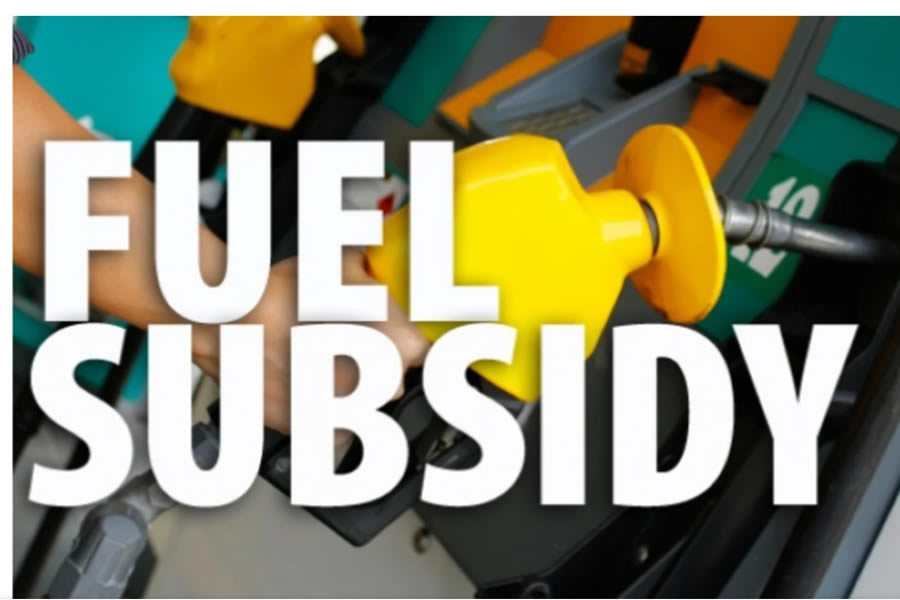Surviving Fuel Subsidy Removal: Tips for Cost-Cutting in Nigerian SMEs
Fuel is high. Costs are rising. Here’s how smart businesses are staying alive—and profitable.
The removal of fuel subsidy in Nigeria has hit everyone—but small businesses are feeling it the hardest. Transportation, logistics, power, raw materials—everything now costs more. For many SMEs, profit margins are shrinking fast.
But panic doesn’t help. Strategy does.
Here’s a step-by-step guide for cutting costs, staying lean, and staying in business—without killing your quality or burning out.
1. Rethink Transportation and Delivery
Fuel is eating into your delivery and logistics budget? Time to rethink your model.
What to do:
- Partner with local dispatch riders who batch deliveries.
- Switch to zone-based delivery pricing (charge more for farther locations).
- Offer “Pick-up Points” to reduce door-to-door stress.
- Use WhatsApp location sharing to avoid delivery delays and fuel waste.
Pro Tip: Schedule bulk deliveries twice a week instead of daily runs.
2. Cut Down on Generator Dependence
If diesel or petrol is your #1 expense, you need a power strategy—not just vibes.
Smart moves:
- Invest in inverters + solar panels (even a small setup can power lights, fans, and POS).
- Switch to energy-efficient appliances—like LED bulbs, rechargeable fans, and laptops over desktops.
- Run heavy equipment only during peak production hours.
Start small—gradually reduce gen hours. It adds up.
3. Optimize Inventory and Waste
When things cost more, wasting them costs double.
Try this:
- Buy in bulk with other small businesses to share logistics costs.
- Negotiate better deals with repeat suppliers (loyalty has value).
- Tighten inventory control—track what sells, what sits, and what expires.
Dead stock is dead capital. Every unsold item is rent + fuel wasted.
4. Digitize What You Can
Cutting paper, staff hours, and unnecessary trips saves fuel and time.
Use:
- WhatsApp Business for orders and updates
- Google Forms for taking stock or collecting orders
- Free tools like Wave or Bookkeepa to track sales and reduce manual recording
Less running around = more efficiency.
5. Go Lean on Staffing Without Burning Out
Can’t afford a large team anymore? You’re not alone.
Smart staffing tips:
- Cross-train your team—one person, multiple skills.
- Outsource specific tasks like design, delivery, or accounting on-demand.
- Reduce physical hours—add hybrid or remote shifts where possible.
Don’t slash staff randomly. Cut waste, not people—unless absolutely necessary.
6. Adjust Your Pricing (Strategically, Not Emotionally)
You’re paying more—your customers get it. But don’t just hike prices blindly.
Better approach:
- Offer value-based bundles (e.g., 3-for-2 promos)
- Add “budget-friendly” options for low-income buyers
- Communicate price changes transparently (“Due to fuel hikes, our new rate is…”)
If you raise prices, raise perceived value too. Better packaging. Faster service. Loyalty bonuses.
7. Track Your Numbers Weekly
This is not the time to fly blind.
Do this:
- Monitor your profit margin per product, not just total sales.
- Review fuel-related expenses every week.
- Track customer drop-off—if people are buying less, find out why.
What you track, you can fix. Guessing is expensive.
8. Innovate—Or Get Left Behind
Fuel subsidy removal is painful, yes. But it’s also a reset moment. Some SMEs will collapse. Others will evolve.
How to adapt:
- Add digital services or products to reduce dependence on logistics.
- Go hyperlocal—serve customers in your immediate area first.
- Launch subscription models or delivery packages to stabilize revenue.
The more flexible you are, the more resilient you become.
Fuel subsidy removal changed the game—but not the mission.
Your job is still to solve problems, serve customers, and make money. The path is just harder now—and that’s where strategy matters.
Cut what you must. Keep what brings profit. Innovate where you can.
Survive first. Then rebuild stronger.

